You know, the weirdest thing about Ecuador is that Kentucky Fried Chicken is the preferred fast food restaurant. I mean, seriously. I don’t eat at fast food restaurants, but even I know that is not the best one.
(sorry not sorry to all KFC fans).
American fast food aside, Ecuador has been amazing. I love the diversity of food, especially fruits. I love being able to practice my Spanish again and even though we are currently living in Quito, the capital, I feel very safe. We are about a kilometer south of the equator, and have crossed it several times, which is really weird to physically see happening. It’s really humid here, although most locals say I’m crazy when I mention that because Quito is at such high altitude that it’s much drier than the rest of the country. But 80% humidity is a lot, and I will stand by that.
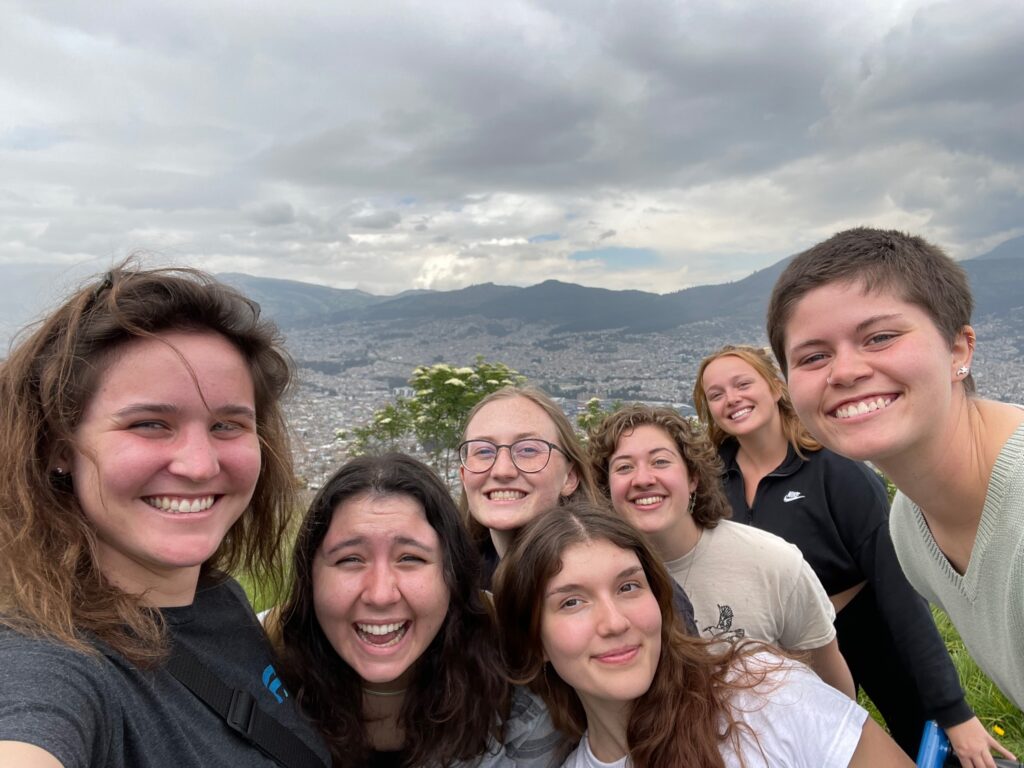
Oh, and me and some of my classmates are training for a half-marathon that we will be running in Spain. And we are all getting tattoos. Because why not and also what is my life.
In the program, so far we have visited the old city and seen the Basilica del Voto Nacional — one of only three of its kind in the world, architecture-wise — as well as La Compañía, which is a huge baroquian cathedral covered in gold. We visited El Mercado San Roque, a huge open air market that brings together thousands of small-farm vendors. We had a guest speaker from UN Food and Agriculture and also talked to the leaders of several large scale government agro-funding organizations like ConQuito. My host family even took me and my roommate to Mindo to see butterfly gardens and ride on a ski lift over the forest! But so far, my favorite experience was when we spent three days at Reserva Intillacta. The nature reserve is in the middle of the Cloud Forest, passed down through a family, where they promote the cultivation of unconventional foods, sustainable agriculture, and conservation. They taught us all about how to grow things in non-traditional ways, unlike plantation agriculture (which is detrimental not only to the environment, but is actually less productive), and showed us how pretty much everything can be eaten and used in some productive way. We also got to visit their cacao farm and try raw cacao (wasn’t great in my opinion… very slimy). It was made even better by the fact that I got to sleep in a tiny cabin in the middle of the forest with five of my best friends.
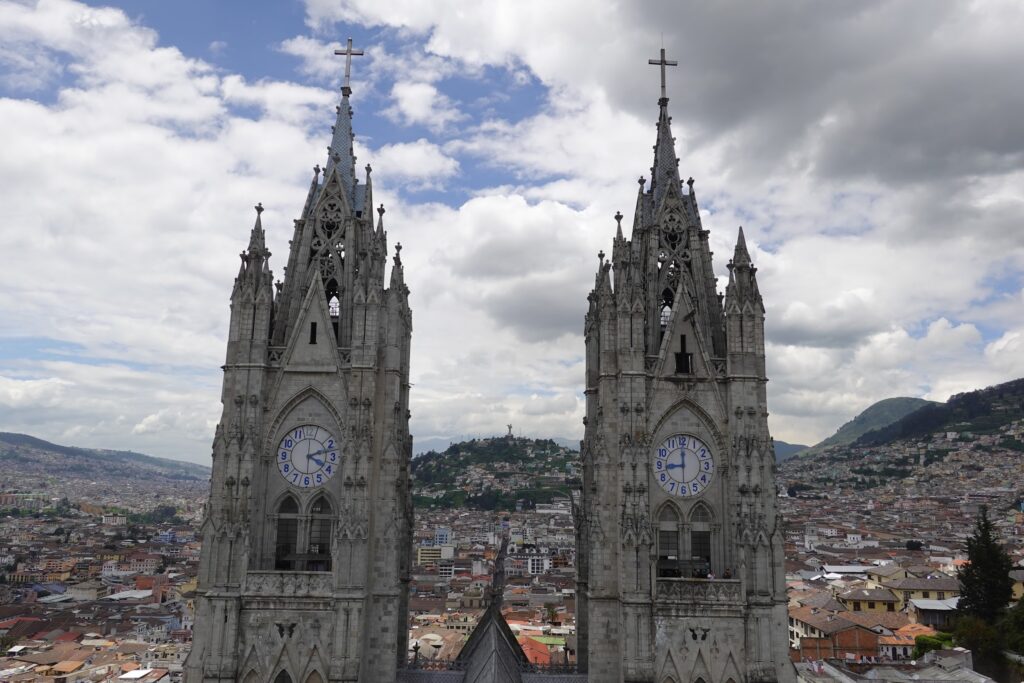

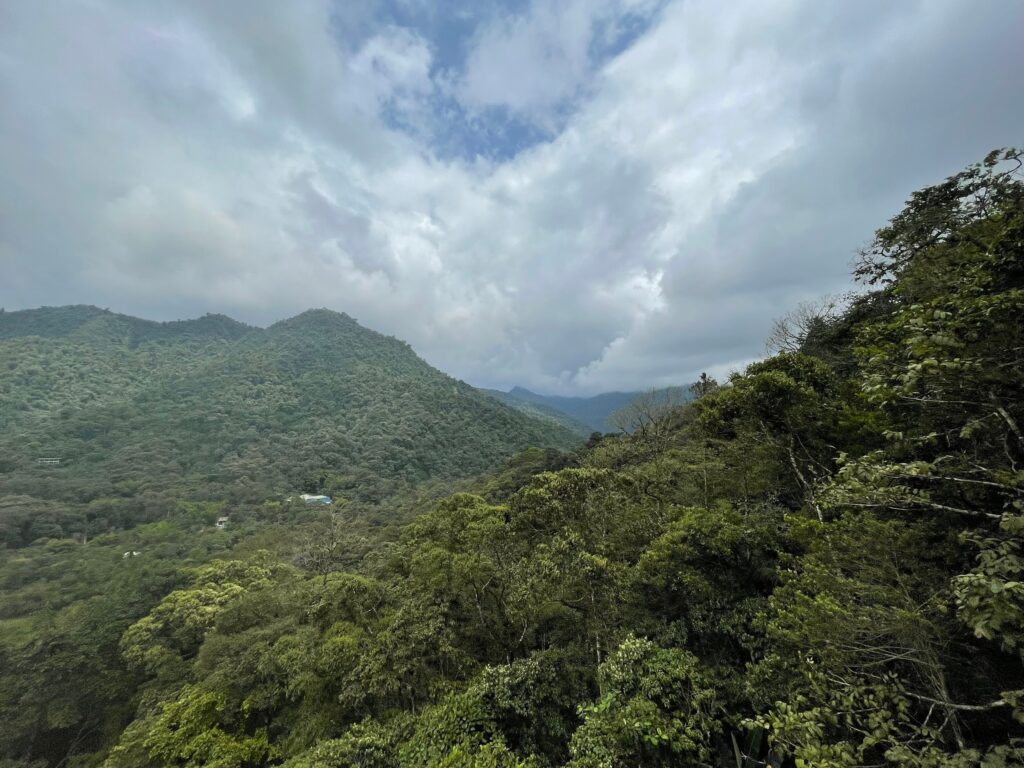
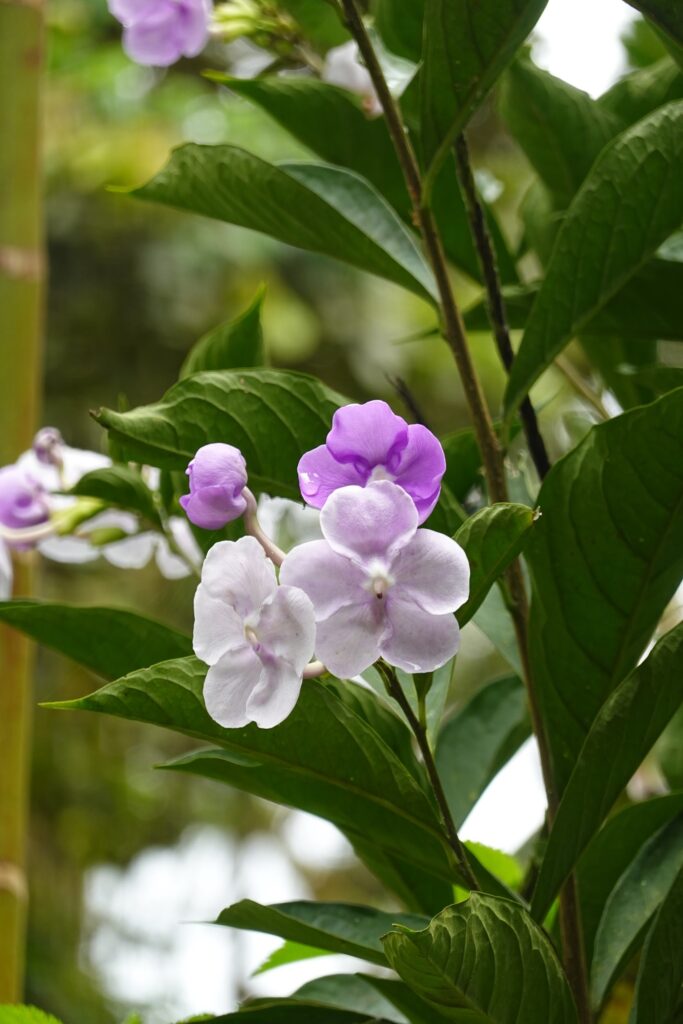

The hardest parts of being in Ecuador have been threefold: a) our days are usually planned out from 9am to 4pm; b) city living is definitely NOT for me; and c) the delicate situations that food systems put us in. The long days mean that it’s hard to find your own time to explore, which is how I really get to know a culture. But we adapt by going to the local park every day and going out on the weekends by ourselves. The city is really loud and smoggy and everyone lives on top of each other. That’s a small price to pay though for this extraordinary experience. And as for the delicate situations, when I picked this program I did not realize how interdisciplinary it would be. Food systems, being an integral part of human survival, economics, and development histories, are inseparable from race relations, poverty, and power dynamics. While I understand and have read about these things, it has been eye-opening and challenging for me as a person to see these sorts of things on a daily basis. I would like to think that as a person I am very self-aware of my privilege and that I can handle these hard situations but I don’t think I was mentally prepared for this. Another thing that makes me very uncomfortable is traveling in a large group on expeditions, which draws attention. And as young Americans, not only are we obviously very privileged, but we are also so much bigger — as a group of thirteen but also in physical size — and that can be genuinely intimidating. If I have one criticism of my program, it’s that I would’ve liked for us as students to be given training before going into delicate situations with people who are refugees or who live in extreme poverty.
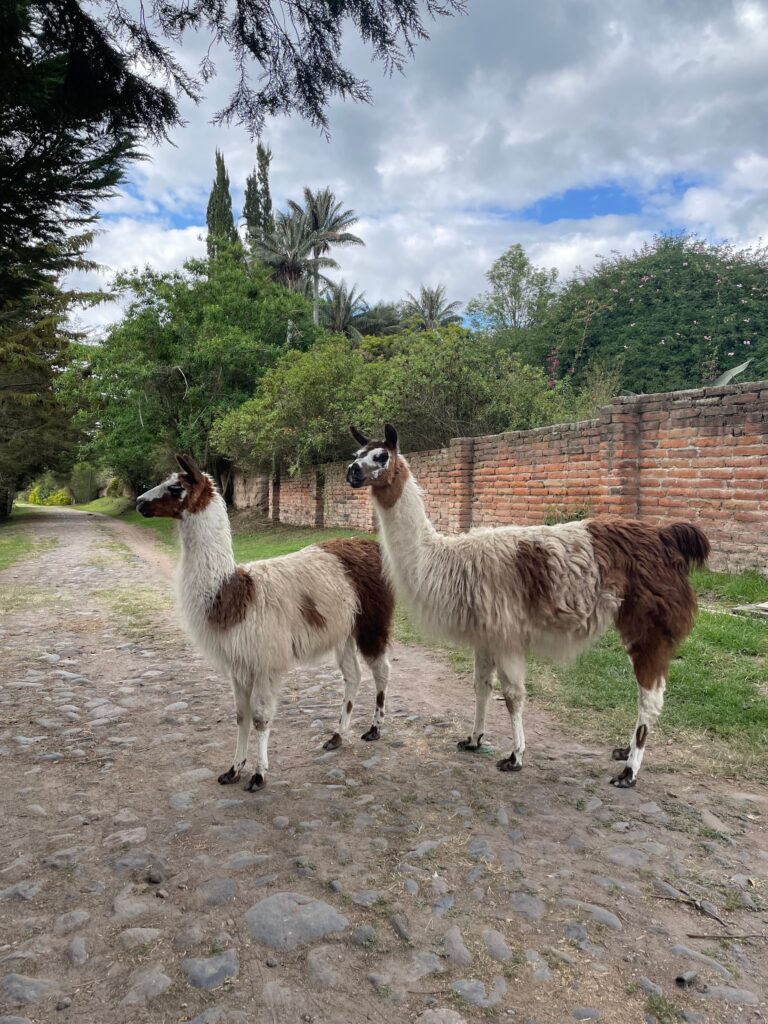
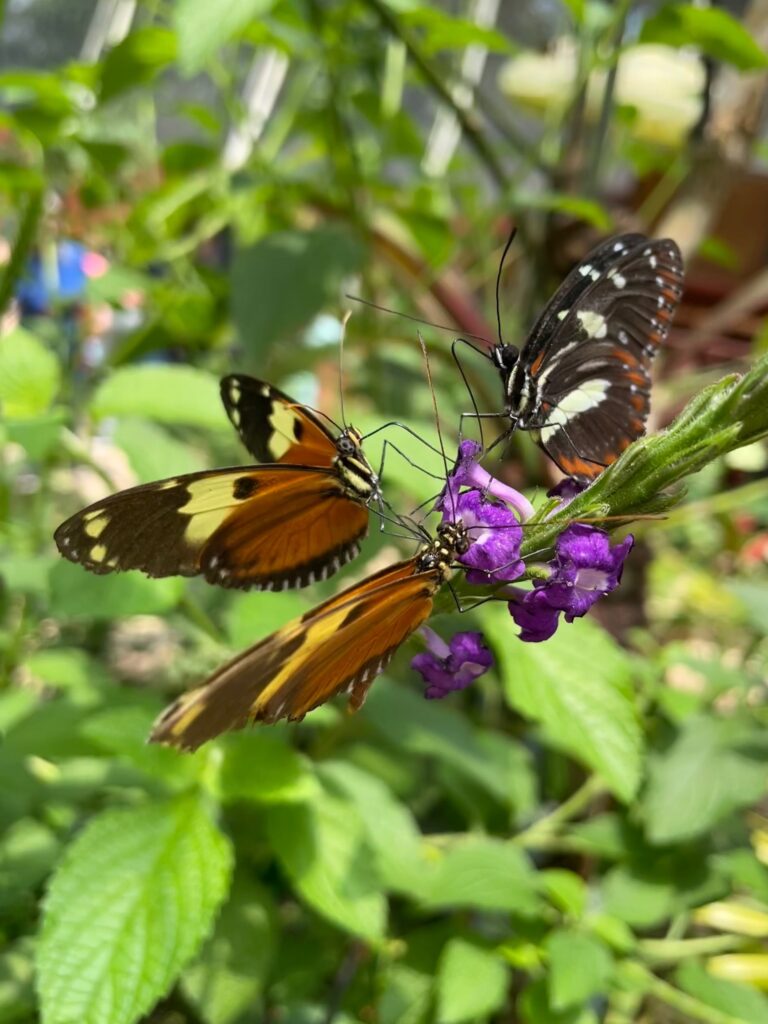
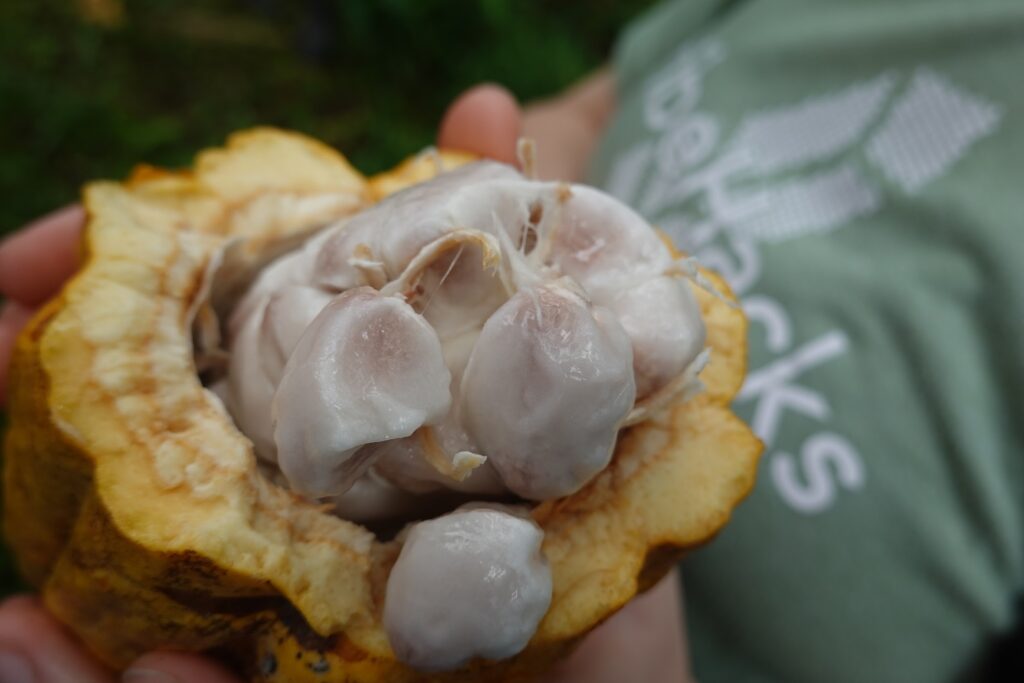

But overall, these past two and a half weeks have been insane. We have a few more expeditions planned to dairy farms and urban agriculture centers, and then a fun outing to some nearby hot springs. But then it’ll be off to Malawi for a month! Two countries down, two to go!
Until next time 🙂